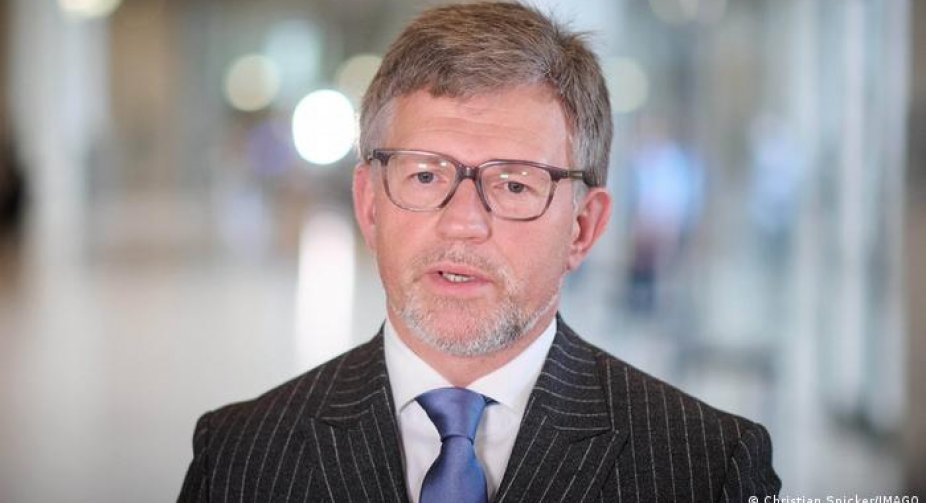The dismissed Ukrainian ambassador to Germany, Andriy Melnyk, explained that with his words about Stepan Bandera, he did not want to offend anyone, and said that they were a "false step. Melnyk said this in an interview with Zeit.
"I think I underestimated the emotional weight that this still highly sensitive topic has, especially for our Polish friends. It was a misguided move. I didn't mean to offend anyone," the diplomat said.
He explained that by his words about Bandera he wanted to explain that many Ukrainians (according to polls, over 70%) have a positive attitude towards him and this historical figure should not be seen in black and white, as it is painted by Russian propaganda.
When asked why Melnyk laid flowers at Bandera's grave, he recalled that he had done so only once, in 2015, two months after arriving in Germany as ambassador.
"There are also many graves of Wehrmacht soldiers in Ukraine, and the German ambassador lays flowers there on National Remembrance Day. Ukrainians might ask: Is this the right thing to do? The Wehrmacht was also involved in war crimes in Ukraine," Melnyk noted.
Recall that in late June, in an interview with journalist Thilo Jung, the Ukrainian diplomat commented on the historical disputes between Poland and Ukraine regarding Stepan Bandera. "There is no evidence that Banderites killed Jews," said Melnyk, who also noted that this is a narrative promoted by Russia.
When, at a certain point in the conversation, the journalist stated that he did not understand how a man responsible for killing Poles and Jews could be called a "hero," Melnyk strongly denied this view and stated that Bandera was not a mass murderer.






